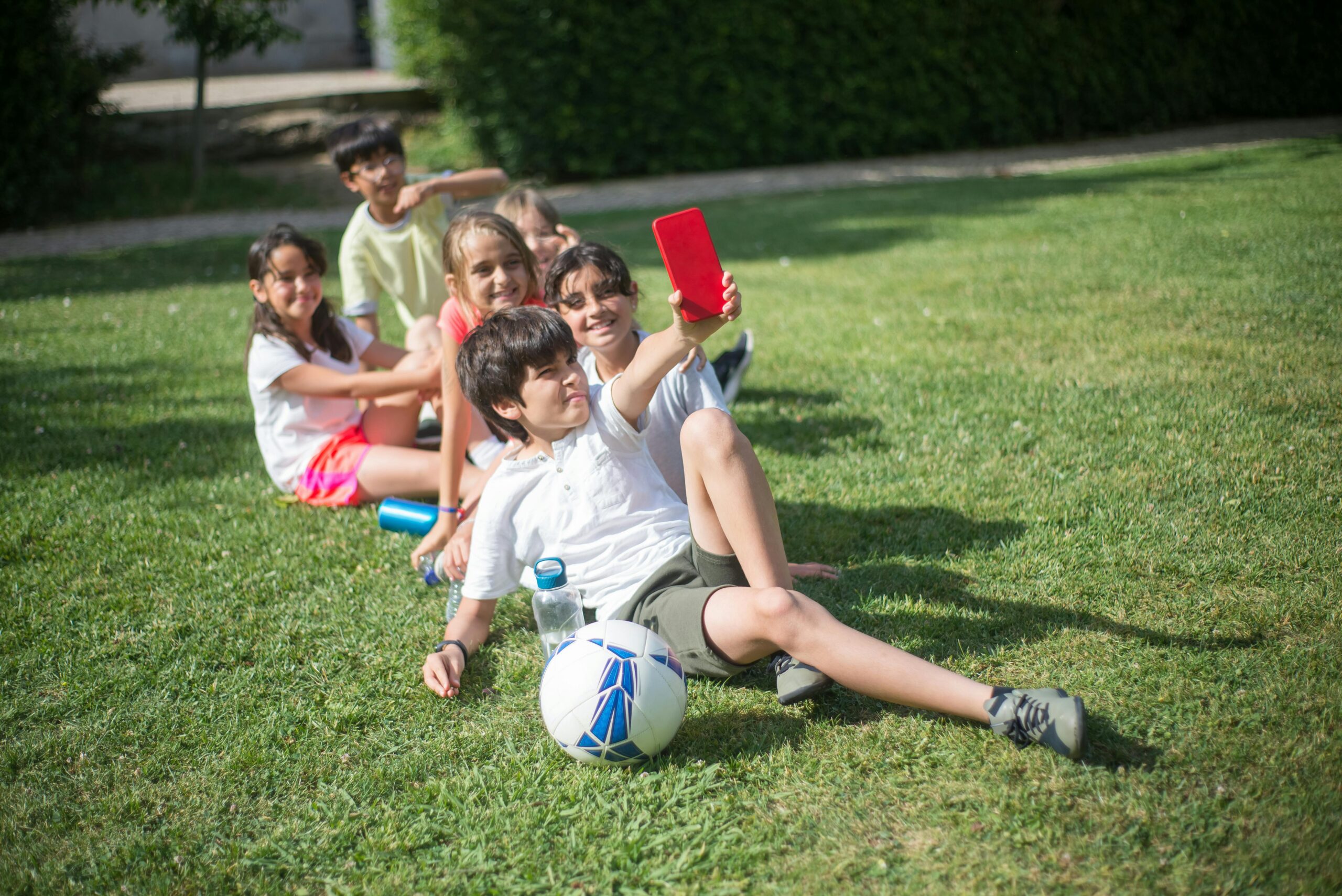
Goal Setting for Children: Enhancing Function in Children
Children aren’t born knowing how to plan, organise, or manage their[…]

Stress and Cognitive Development in Children: How It Affects Their Thinking
Children experience stress more often than we realise. Changes in routine,[…]

Routines and Cognitive Development: Why Predictability Supports Learning
Children thrive on routine. The importance of routines lies in how[…]

Early Literacy and Cognitive Development: Little Readers, Big Thinkers
Early literacy isn’t just about learning letters or recognising words —[…]

How Friendship Shapes Thinking in Children: The Friendship Factor and Peer Relationships
Friendship is more than playdates and shared snacks — it is[…]

The Art Advantage: How Creative Expression and Cognitive Development Shape Thinking in Children
Children don’t just draw pictures or dance to music for fun[…]

Bilingualism and Cognitive Development: The Language Leap and How It Shapes the Developing Brain
In many households around the world, children grow up hearing and[…]

Mindfulness for Children: Building Focus Naturally and Enhancing Cognitive Control
In a world full of screens, fast-paced routines, and constant stimulation,[…]

Reading Aloud and Child Development: Stories That Shape Minds
Reading aloud is one of the simplest yet most powerful ways[…]

Music and Memory in Children: How Songs Support Learning and Recall
From lullabies to nursery rhymes, music has always been an integral[…]